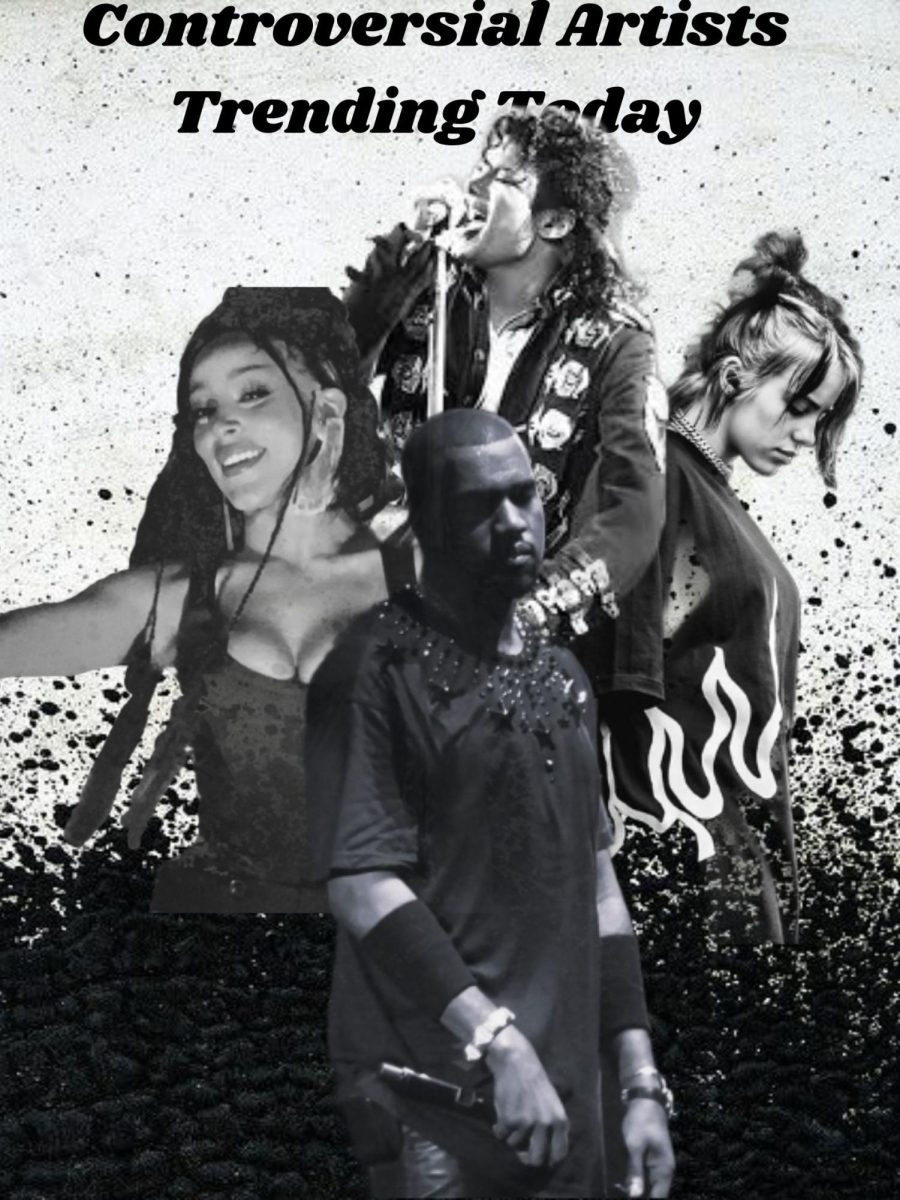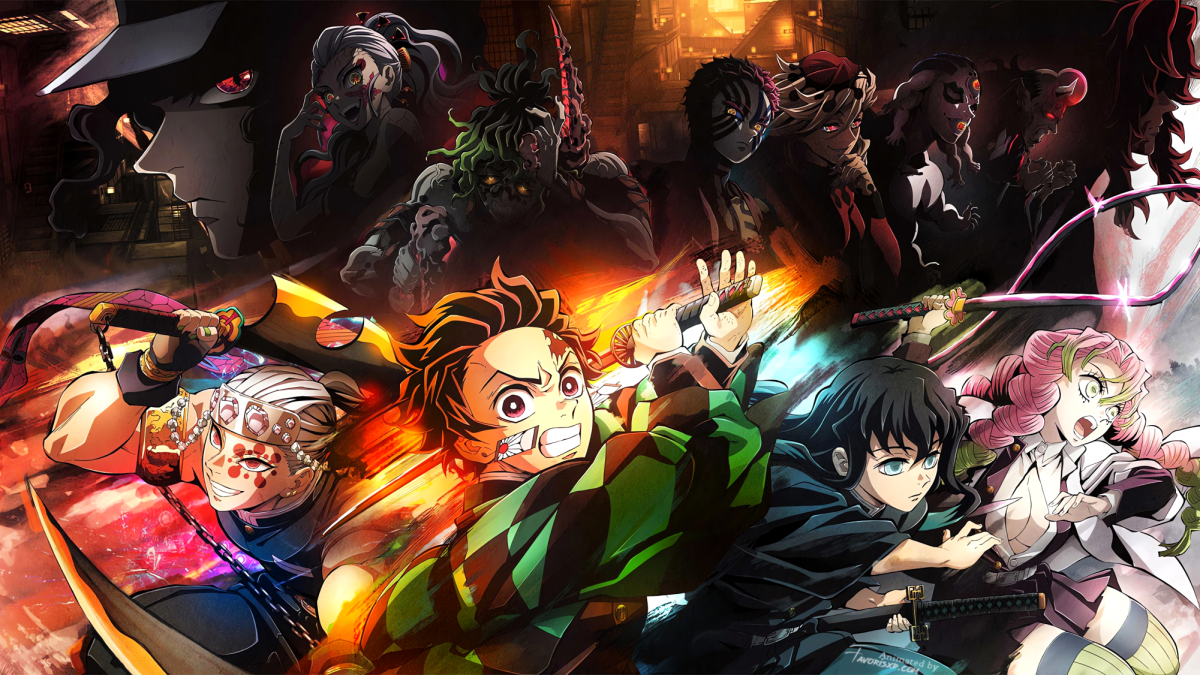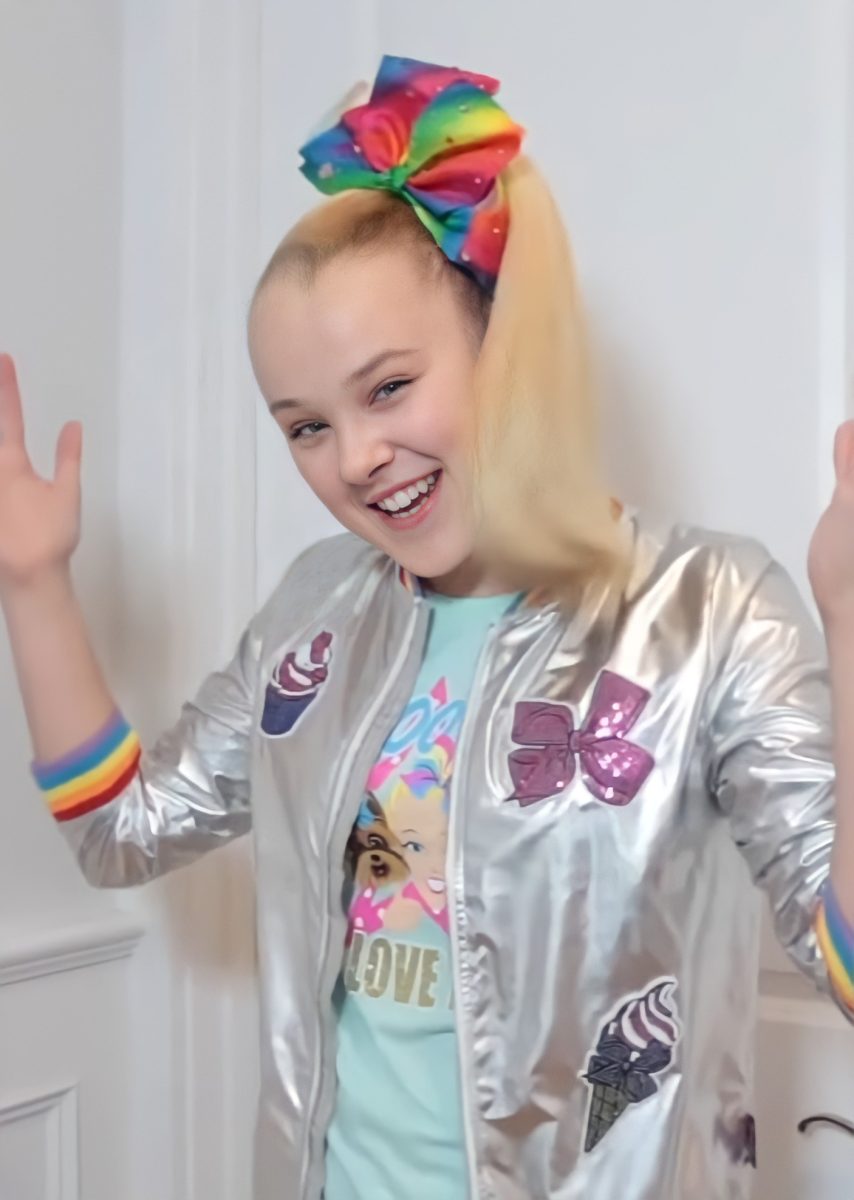*The opinions expressed within the content are solely the author’s and do not reflect the website’s or its affiliates’ opinions and beliefs.*
As high schoolers, we’ve all had at least one English class. We’ve read countless different works of art from “To Kill A Mockingbird” to “The Crucible.” For the most part, staying objective while analyzing the text is crucial because a school assignment is inherently impartial. What if, however, the text evokes some sort of emotional response? For example, Twain’s prolific use of the N-word in Huckleberry Finn can trigger strong emotional responses and once someone is emotionally invested personal bias becomes involved. Thus, many high school teachers exhort students to partially separate the art from the artist. Usually, you don’t need to know about the author’s past to understand their work. Although one may not agree with the writer’s choices in their book or their personal opinions, you are taught to reserve those objections to analyze their work accurately.
However, this simple solution doesn’t work when applied to the music industry. Especially on social media, separating the art from the artist is highly debated, following multiple controversies surrounding the illegal, immoral or otherwise socially unacceptable actions of popular musicians. The beloved “King of Pop,” Michael Jackson, was dethroned by those who voiced their disgust after the release of “Leaving Neverland” in 2019, a documentary in which many parents accused him of child abuse. When singer/rapper Doja Cat ridiculed and belittled her fans for calling themselves “Kittenz ” that should “get off your phone and get a job and help your parents with the house,” she lost over 300,000 followers on Instagram. Kanye West’s ignorant remarks on slavery to his espousal of the Trump Presidency, as well as his blatant anti-Semitic sentiments resulted in many of his former fans deeming his actions as so reprehensible that they not only lost respect for him but boycotted his music altogether.
These are just a few examples in which the musician does something egregious, people hear about it and they feel that they can no longer enjoy listening to the artist’s music. The situation becomes a moral and ethical dilemma. One may find themselves asking, shouldn’t they separate the art from the artist? What are the boundaries between the artist and the art and is it the general public’s responsibility to actively hold the artist accountable?
The answers to those questions may depend on one’s relationship with the artist. Fans appreciate the music as an art and feel an emotional connection to the artists themselves. Fans have a vested interest in the artist and they may buy a record not only because they like the music but because they wish to support the artist as well. Consumers, on the other hand, do not have to be emotionally invested in the artist and may not think about the artist at all during the transaction. They buy music completely out of self-interest. They simply want to or like a particular song for some personal reason unrelated to the artist. Either way, a person is contributing financially to the artist
A popular argument in this debate suggests that the art and the artist cannot be separated because the actions of the artist are indelible. Many argue that, consciously or unconsciously, the art produced or even “something as minute as a word choice in a book or a color choice in a painting” is a reflection of some aspect of the feelings, opinions or personality of the artist. Therefore, by continuing to buy or stream their music, even if there is no intent, people are upholding the problematic views of the artist. The consumer and fan have a responsibility, assuming they’re a rational person who values justice and accountability, to hold the artist accountable by punishing them by not streaming their songs or giving them any sort of revenue. They remove or skip Michael Jackson, Kanye West or Doja Cat songs, or change the station altogether, doing anything they can to de-platform or “cancel” artists.
Certainly, artists who commit illegal or reprehensible acts should be held accountable like the rest of us. If the alleged accusations are investigated thoroughly and determined to be factual, then, if he were alive, Michael Jackson should face whatever legal consequence comes his way, no matter the statute of limitations or his status as a celebrity and a musician. However, the thing about accountability is that it is only fulfilled if the perpetrator acknowledges their actions as wrong and if the situation is resolved with the people involved. While fans may feel emotionally connected to the artist, that’s the only side of their identity that they’ve seen which, more often than not, and in the case of Doja Cat, Kanye West and Michael Jackson, has nothing to do with the person who did such actions. If a fan or a consumer decides to stop purchasing an artist’s music, then they have every right to do so. However, don’t let the popular opinion or the morals of others interfere with your course of action if you choose to have one.
If accountability is what people are after, then consumers and fans play no role whatsoever, and any attempt to do so is futile. They are not involved in the situation, nor in charge of ensuring accountability. Fans or listeners cannot hold artists accountable by punishing them by not buying or streaming their music because, simply, punishment is not accountability. If anything, it’s easier and generally preferred to be punished than to claim accountability, as accountability requires self-reflection and the uncomfortable feeling of disappointing yourself which can last for a long time, rather than not having to change and having other people be disappointed or mad at you for some time. Furthermore, by punishing the artist by not giving them money, you’d also be punishing the many other people who worked to create that piece of music, such as producers and featured artists who have nothing to do with the artist’s actions.
As for the argument that art is always some reflection of the artist’s beliefs, personality or perspective, it’s hard to say whether that’s universally true or not. It may be that they create music to spread some message or explore some idea or it might be completely self-interested and created because they simply like writing songs or playing an instrument. What is known, however, is the experience of the person who listens to it. Music is an interactive art form that is not only made powerful by the talent and creativity of the musician, but of the individual experience it provides for the listener. Interpretation of music plays a significant role in how it is remembered and by attributing the art’s legacy solely to the actions of the artist in the present, the listener practically strips themself of the power their voice holds in the art world.
It’s unnatural in the human condition to do something as extreme as immediately boycotting something they love because of the very complexity of love itself. Songs like “Violent Crimes” by Kanye West, which highlights the ironies of how men treat women, still evoke strong emotions despite the listener’s possible contempt and knowledge of his reprehensible actions. Despite possible animosity, many listeners may still feel empowered and uplifted by Doja Cat’s music. Put simply, “It’s not a rational decision, what we love. It’s not possible to have loved a text and then retrospectively to unlove it.” We can recognize that the creator of the art may be a bad person, but ultimately, in the music realm, nearly a completely separate, narrow world, they’re a talented pioneer in their field. Human beings, no matter how horrible they may be, either from their art or their experiences, still offer valuable lessons to learn from.
At the end of the day, each course of action depends on the personal morals of the individual. If a fan wants to give Kanye West a second chance or maybe wait until the accusations against Michael Jackson are verified or boycott Doja Cat’s music, that’s their choice. We can only do so much as consumers and while we may all have different visions of what should be done, it’s better to just focus on what we can control. It isn’t in our power to hold them accountable. If you end up one day talking to your grandchildren in the future about the legacy of controversial music artists, keep in mind the coexistence of contradictions. Do not forget the actions of the artist, but if the music speaks to you, don’t let that fall on deaf ears.











